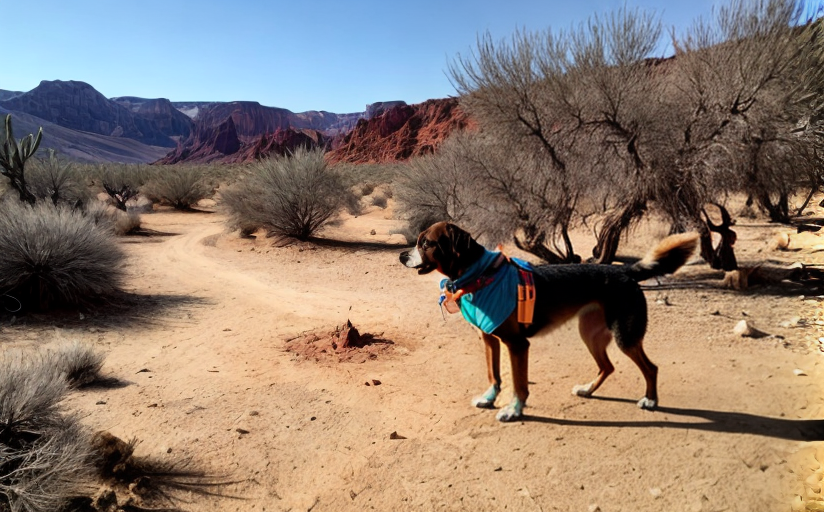The Effects of Climate Change on Pets and Animals Globally
In recent years, climate change has become a burgeoning topic of enormous concern. Frequently discussions center around its effects on weather, the environment, and human beings. However, one significant and often overlooked component of this looming crisis is how it impacts animals, both domestic and wild, on a global scale.
Rising Temperatures, Changing Weather Patterns, and Natural Disasters
Rising temperatures and shifts in weather patterns significantly affect animals. These changes can disrupt normal behavior, disrupt migration patterns, or modify habitats. Regions that previously were naturally habitable by certain species may no longer provide suitable environments, leaving many species unable to survive.
A severe consequence of climate change is the increased frequency and intensity of natural disasters such as hurricanes, wildfires, and droughts. These calamities can have devastating effects, quickly destroying habitats and causing a vast number of fatalities.
For domestic pets, science is beginning to highlight the risks of rising temperatures, especially in urban settings where the heat island effect can make temperatures even hotter. Excessive heat can result in animals suffering from heat stress, damaging their health, and potentially leading to fatalities.
Risks and Challenges in Urban and Rural Settings
Domestic pets and wild animals face unique challenges in both rural and urban environments, and these challenges can be exacerbated by climate change. In rural settings, extreme weather events can have immediate and dangerous impacts, with flooding, for example, posing a substantial risk to animals' habitats and food sources. On the other hand, urban animals, such as pets, can suffer from overheating due to the increased temperatures in these heat-island environments.
Scientific Research and Findings
Various scientific studies underscore these points. The Intergovernmental Panel on Climate Change (IPCC) has presented several findings indicating the diverse ways that climate change affects animal species. A report by the National Academy of Science demonstrated that over half the species examined had their populations reduced or completely removed as a result of climate change. Other research by the United Nations Fao report mentioned that many species are bound to become extinct if the current rate of climate change persists.
Mitigations and Solutions
There are several action steps each one of us can take to mitigate these effects and protect our pets and wild animals. On the individual level, pet owners can take caution to not leave their pets in conditions that could lead to heat stress or other climate-related issues. Cities can also form strategies to combat the heat island effect, such as planting trees to provide shade and building 'cool roofs' that reflect more sunlight.
To support the survival of wild animals, there must be coordinated international efforts, such as reducing greenhouse gas emissions and investing in renewable energy sources to combat global warming. Importantly, efforts should also be directed towards preserving natural habitats and ecosystems for the survival of animal species.
In closing, the impact of climate change on animals is profound, and the steps we take towards combating this crisis have the potential to either exacerbate or mitigate the effects facing our pets and animals globally.
















Comments
Leave a Comment